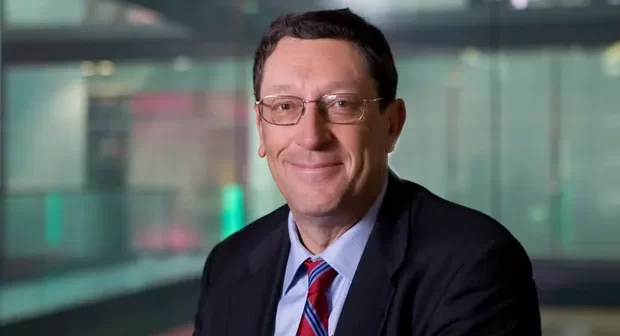Members of the Bank of England’s interest-rate setting body should be appointed by the devolved administrations and by English MPs in order to counter groupthink, a former member of Threadneedle Street’s monetary policy committee has said.
David Blanchflower said the committee was dominated by people with little knowledge of the “real world”, and greater diversity of thought was needed to ensure the interests of ordinary people were reflected.
Blanchflower, a member of the MPC during the global financial crisis of the late 2000s, said in a proposal co-authored with his fellow economist Richard Murphy that membership of the committee needed to be radically reformed.
At present, the committee is made up of five Bank insiders and four independent members chosen by the Treasury. The three Bank deputy governors on the MPC have all worked at the Treasury, while three of the four external members are professors of economics.
Blanchflower and Murphy said dissent on the MPC was rare because its members had similar backgrounds and life experiences. There was an inbuilt bias towards banking and the City of London, they added.
“There is a role for a monetary policy committee, but it must be accountable, and it must be representative,” Blanchflower said. “Our proposal diversifies the professional and regional experience of those on the committee in a way that is bound to ensure that the interests of ordinary people are better reflected in the Bank of England’s decision-making processes. We need to encourage diversity of views to stop the groupthink that has dominated the MPC since its inception.”
The Bank has recently been under fire from left and right after raising interest rates at the last six MPC meetings – from 0.1% to 1.75% in a response to rising inflation, which stands at 9.9%. Blanchflower and Murphy published their proposal before Thursday’s meeting at which the MPC is expected to raise the cost of borrowing by at least 0.5 percentage points.
Murphy said: “The current MPC brings together a range of people with deep experience of economics rather than a wide range of lived economic experience that might be of greater benefit when making decisions with massive real-world implications for the people of this country. We don’t need theoretical answers to the current crisis, we need real ones. Only by changing the composition of the MPC can that be delivered.”
Source: The Guardian

